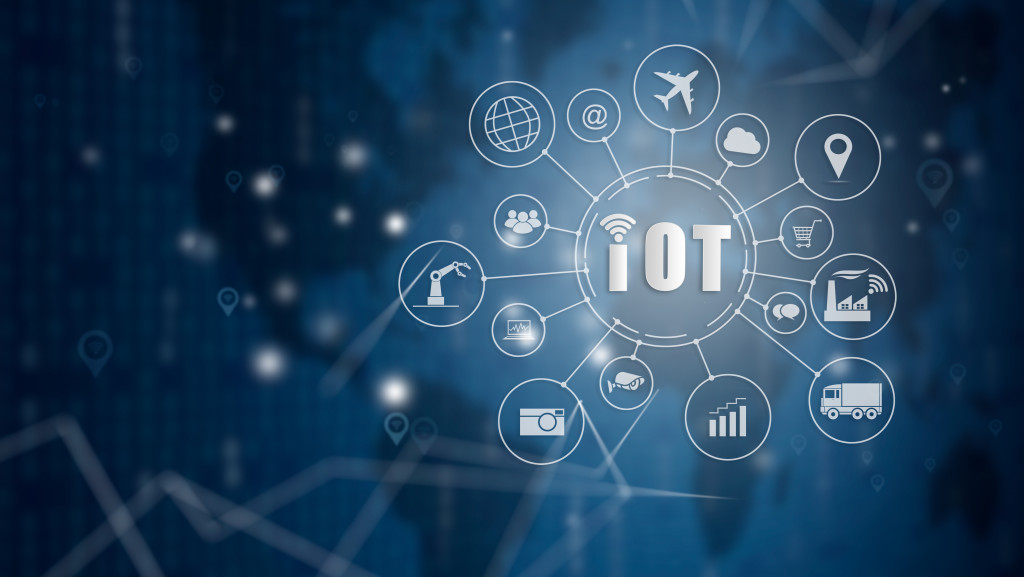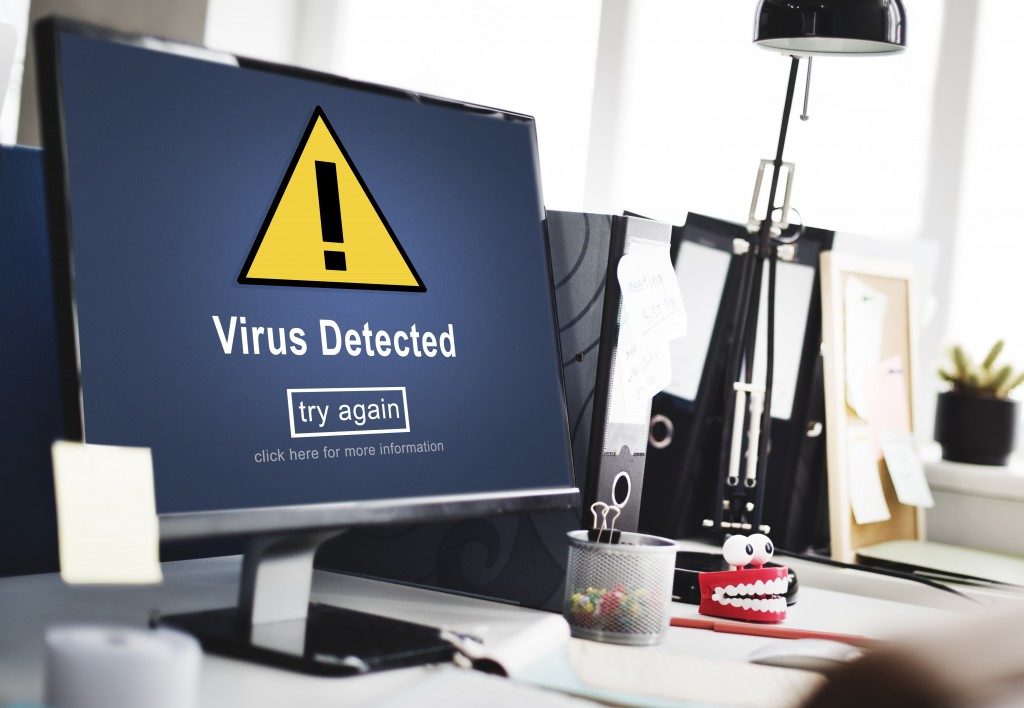The internet of things is changing the way we live. As technology advances, it becomes more and more difficult to tell where- or what- the line is between human and machine. These always-on devices are transforming our world in ways we cannot yet imagine from cars that drive themselves to homes that can be monitored remotely.
We can now control our homes remotely
A smart home is equipped with technology that can be monitored and controlled remotely. This may include security cameras, thermostats, and door locks that can be operated via a smartphone or computer.
The benefits of a smart home are many. For starters, it can make your life easier by allowing you to control things like the temperature and lighting from anywhere in the world. It can also make you more secure by allowing you to keep an eye on your home when you’re away and prevent unauthorized access.
If you’re thinking of converting your home into a smart home, there are a few things to keep in mind. First, you’ll need to decide which devices you want to use and install a system like control4 to manage everything. You’ll also need to make sure that the wireless connections in your home are strong enough to handle the increased traffic.
There is greater efficiency and convenience in transportation
The internet of things is also changing the way we get around. With self-driving cars and smart transportation systems, we’re moving towards a future where getting from point A to point B is faster, easier, and more efficient than ever before.
Self-driving cars are vehicles that can drive themselves without human input. They rely on various sensors and mapping data to navigate their surroundings, and many major automakers are working on developing them.
The benefits of self-driving cars are many. They can reduce traffic congestion since they can communicate and make better decisions about when to drive and when to merge. They can also improve safety since they’re less likely to be distracted or tired behind the wheel.
Our health and fitness can be monitored more closely

The internet of things also has a major impact on health and fitness. With devices like fitness trackers and smartwatches, we can now monitor our activity levels, heart rate, and sleep patterns more closely than ever before.
This information can help us stay healthy and achieve our fitness goals. For example, a fitness tracker can tell you how many steps you’ve taken each day and how many calories you’ve burned. This can help you to adjust your exercise routine accordingly.
A smartwatch can also be used to monitor your heart rate and track your sleep patterns. This information can be used to identify any potential health problems and to suggest ways to improve your sleep quality.
Agriculture is becoming more efficient with the help of the IoT
Agriculture is becoming more efficient with the help of the internet of things. With devices like tractors that are equipped with sensors and GPS tracking, we’re able to manage our crops and livestock more closely than ever before.
This information can improve our yield and make better decisions about when to harvest our crops and how much to feed our livestock. It can also help us reduce wastage and save money on inputs like water and fertilizer.
The impact of IoT on manufacturing is significant
The internet of things is having a major impact on manufacturing. With devices like industrial sensors and smart machines, we’re able to manage our factories more closely than ever before.
This information can improve our yield and make better decisions about when to produce our products and how much to produce. It can also help us reduce wastage and save money on inputs like energy and raw materials.
The impact of the internet of things on manufacturing is significant, and it will only become more important in the future. As more and more devices come online, the potential for increased efficiency and cost savings is huge.
Retail businesses are changing with the advent of smart technologies
The internet of things is having a major impact on retail businesses. With devices like smart shelves and RFID tags, we’re able to manage our inventory more closely than ever before.
This information can improve our stock management and make better decisions about when to restock our shelves. It can also help us reduce wastage and save money on inputs like energy and raw materials.
Conclusion
The impact of IoT on agriculture, health and fitness, manufacturing, and retail businesses is already significant, and it is only going to become more important in the future. As more and more devices come online, the potential for increased efficiency and cost savings is huge.



